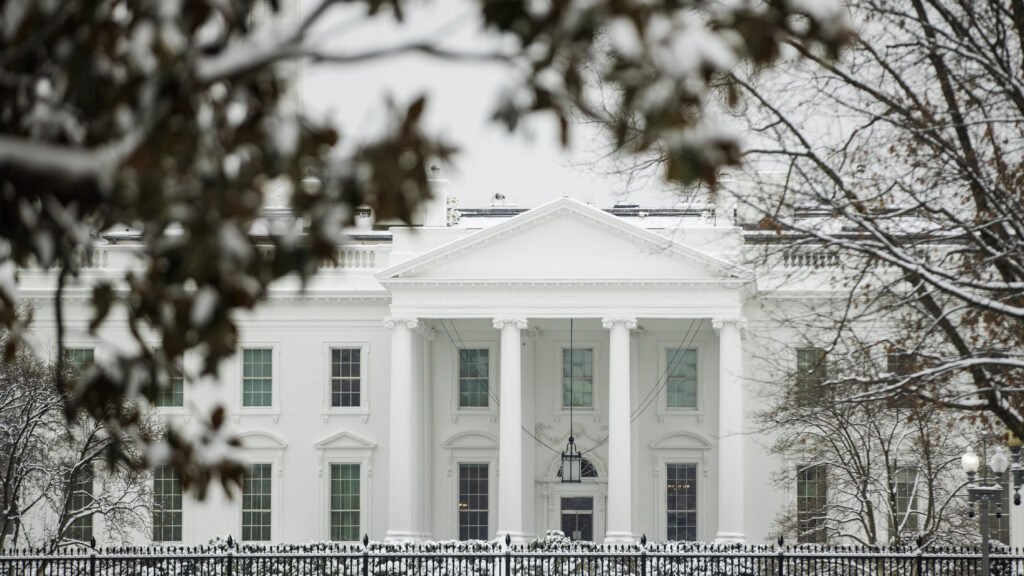The National Science Foundation (NSF) recently announced that its payment system is back online after being frozen for five days following a judge’s order. This news came as a relief to post-doctoral fellows who rely on these payments for rent, food, and other expenses. However, there are some concerns among researchers about the mixed messages coming from the agency and the potential risks to their grants and livelihoods.
Many NSF-funded researchers receive their funding directly from the agency through a portal where they can request payments. While some researchers are on specific pay schedules, others have the flexibility to withdraw their allocated funds as needed. The portal was initially frozen in response to an executive order issued by President Trump on January 27, which halted many government payments but was later modified and rescinded.
Despite the payment system being back online, researchers are still cautious due to the agency’s statements about ongoing reviews of award portfolios in the context of recent executive orders. The NSF’s webpage on the executive orders now states that the agency cannot delay or stop payments solely based on non-compliance with the orders. However, researchers had previously encountered messages on the website indicating a comprehensive review was being conducted to ensure compliance.
State attorneys general have argued in court that the payment freeze violated the U.S. Constitution, as funding approved by Congress should not be withheld by the executive branch. Researchers who attempted to request large sums before the freeze found their requests canceled. The NSF also reserves the right to take action for reasons unrelated to executive orders, such as violations of law or grant terms and conditions.
As the NSF processes a high volume of payment requests, delays are expected in the coming days. Researchers are urged to remain vigilant and monitor updates from the agency to ensure their funding and livelihoods are secure. It is essential for the NSF to communicate clearly and transparently with researchers to alleviate concerns and maintain trust in the funding process.


